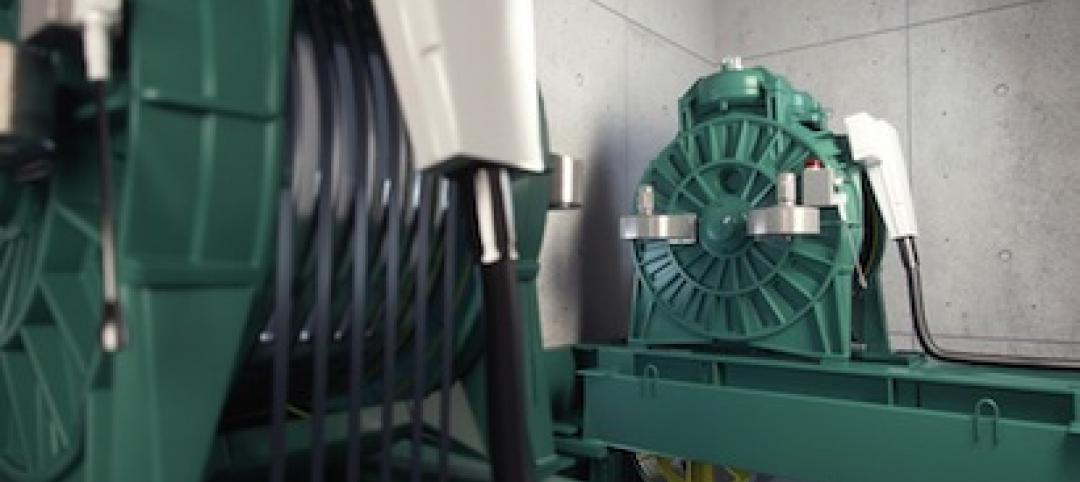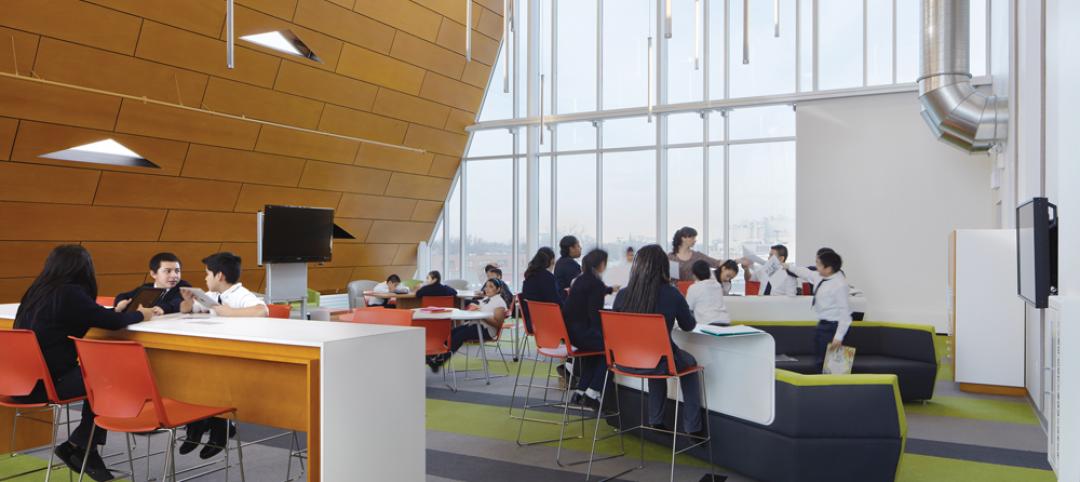Businesses are slowly but consistently transitioning to a permanent hybrid work environment, according to a senior economist at Econometric Advisors.
A Spring 2022 survey from CBRE found that 73% of companies plan to have some sort of hybrid workplace policy. This trend will lead to a reduction in office space demand by 9% the economist said, as reported by GlobeSt.
Under the average hybrid work model, employees work about 24% less time in the office than they did before the pandemic and will spend about 1.6 days working from home each week in the future. Don’t expect a one-for-one reduction in space needs for employees, though.
Because office space will have to accommodate times of peak usage, employers can only remove about 55 desks for every 100 employees not present in the office.
Related Stories
| Jun 11, 2013
Finnish elevator technology could facilitate supertall building design
KONE Corporation has announced a new elevator technology that could make it possible for supertall buildings to reach new heights by eliminating several problems of existing elevator technology. The firm's new UltraRope hoisting system uses a rope with a carbon-fiber core and high-friction coating, rather than conventional steel rope.
| Jun 4, 2013
SOM research project examines viability of timber-framed skyscraper
In a report released today, Skidmore, Owings & Merrill discussed the results of the Timber Tower Research Project: an examination of whether a viable 400-ft, 42-story building could be created with timber framing. The structural type could reduce the carbon footprint of tall buildings by up to 75%.
| May 17, 2013
40 Under 40: Meet the engineers
Learn about seven highly talented engineers who made Building Design+Construction's "40 Under 40" class for 2013.
| Apr 10, 2013
23 things you need to know about charter schools
Charter schools are growing like Topsy. But don’t jump on board unless you know what you’re getting into.











